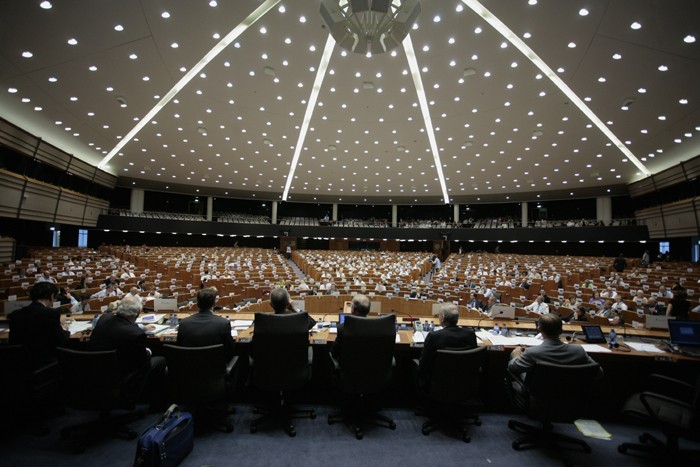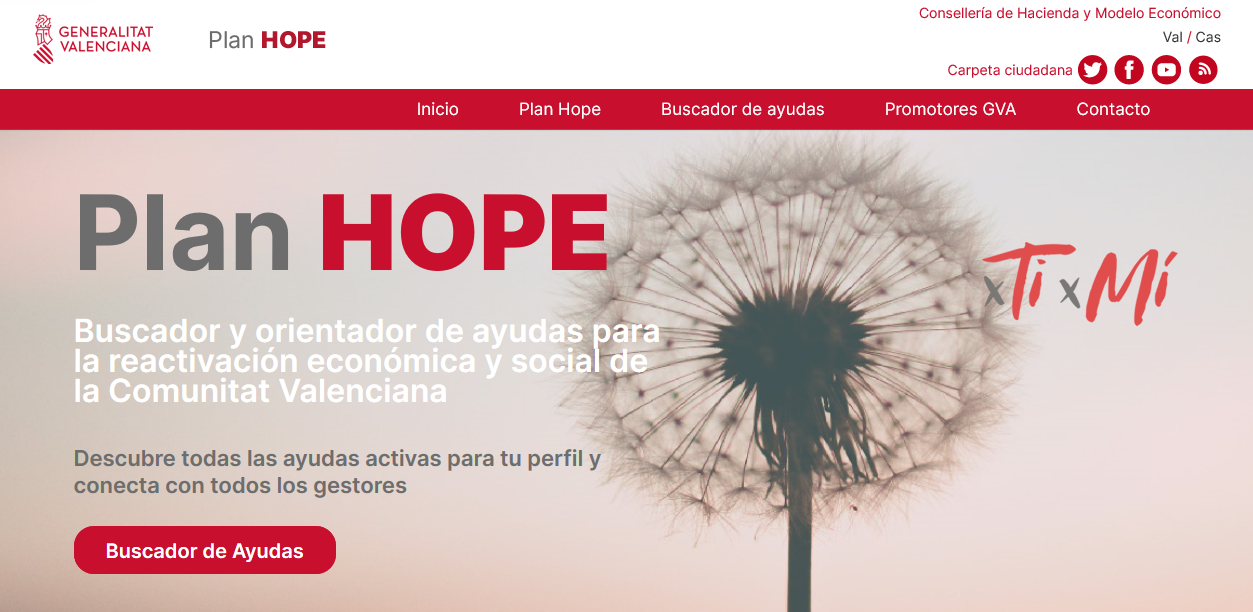RIS3: New regulatory framework will foster inter-regional cooperation and synergies with funding instruments. - RIS3CV
Back RIS3: New regulatory framework will foster inter-regional cooperation and synergies with funding instruments.
RIS3: New regulatory framework will foster inter-regional cooperation and synergies with funding instruments.
The regulatory framework covering Smart Specialization Strategies (RIS3) needs to be reformed to increase synergies between the European Structural and Investment Funds and regional innovation and development policies, as well as to foster inter-regional cooperation and the creation of value chains in all European regions, says the European Committee of the Regions (CoR)

The EU assembly of regional and local representatives stresses the need for better coordination of the design, development, implementation, monitoring and follow-up of smart specialization strategies with the involvement of relevant stakeholders at national, regional and local level. In an opinion adopted on 23 March 2017, it points out that in order to increase synergies between regional innovation and development policies and financial instruments, the management of the European Structural and Investment Funds (ESI Funds) should be simplified and made more flexible to allow an efficient application of funds to intelligent specialization.
The rapporteur, Mikel Irujo Amezaga, head of the Navarre delegation in Brussels, said: "I believe that RIS3 should not be limited to research, innovation and business development, but should focus on more aspects of the economy. With our experience in Navarra, I would like to recommend reforming the current regulatory framework, before the end of the 2014-2020 period, to give a new impetus to synergies between the ESIF and other programs and to inter-regional cooperation.
The opinion proposes to allocate more resources to Interreg Europe, which provides an appropriate framework for networking around RIS3. Pilot projects for inter-regional cooperation with appropriate ad hoc financial instruments could also be supported, combining grants and loans, as well as public and private funding. "The creation of a critical mass at the territorial level is essential if the EU and its industry intend to compete globally. Local and regional authorities are the right place to create the necessary links between EU policies, industry, research centers, higher education institutions and citizens, but regional strategies must be more interconnected. In this way we can create value chains throughout the EU and avoid duplication of investment ", added the rapporteur Irujo.
Markku Markkula, president of the European Committee of the Regions, stressed the importance of smart specialization as an instrument for economic transformation and renewal of Europe: "All regions and cities in Europe need to have more strategic partnerships in order to take advantage of the latest knowledge and technologies. Much has already been done to improve the adoption and implementation of smart specialization strategies. However, we need to take more advantage of RIS3 by better orchestrating current projects and processes. Joint creation should be a guiding principle for EU financial instruments and project evaluations. This will require a more enterprising attitude and smarter instruments to support upward movements".





